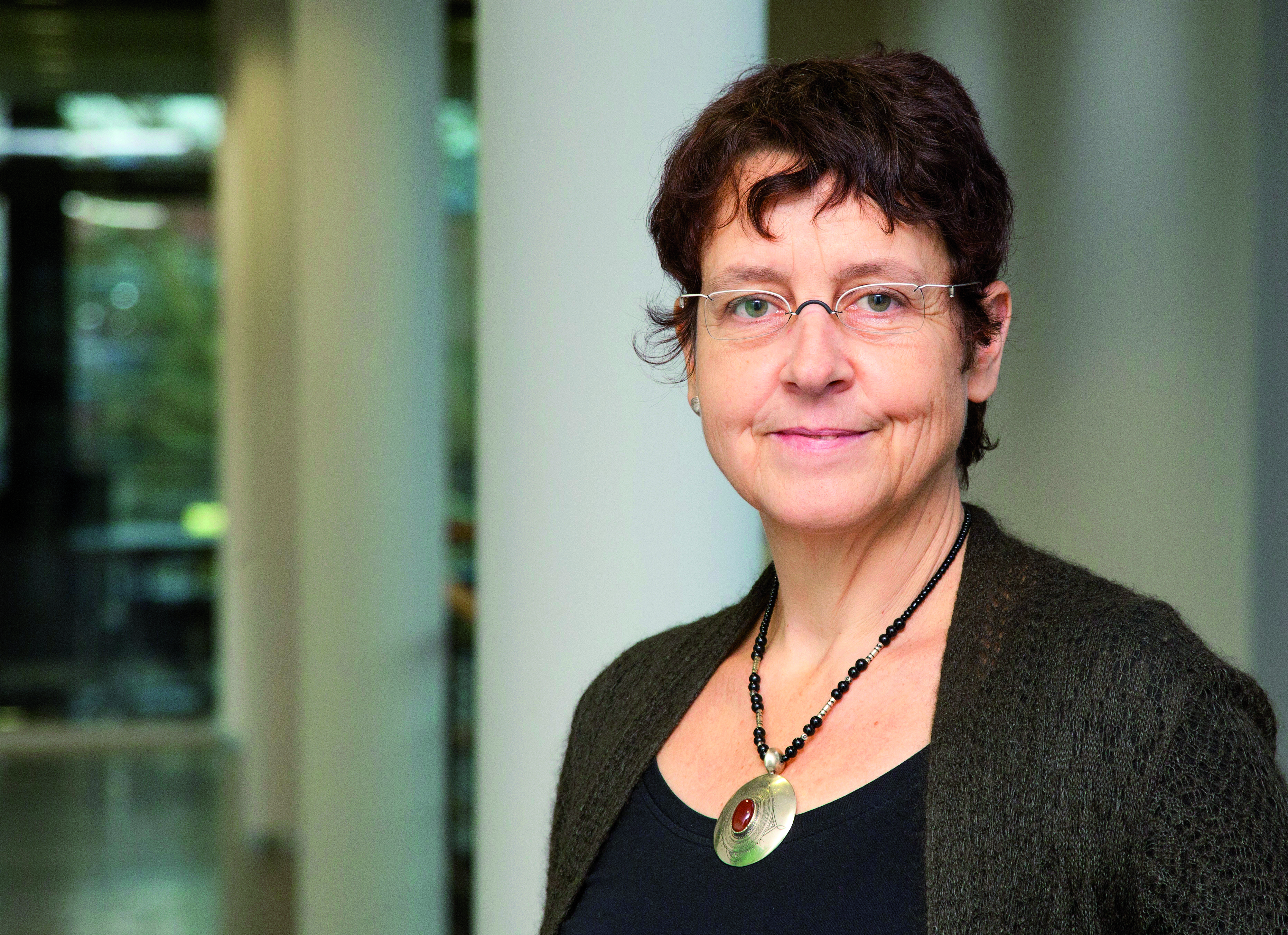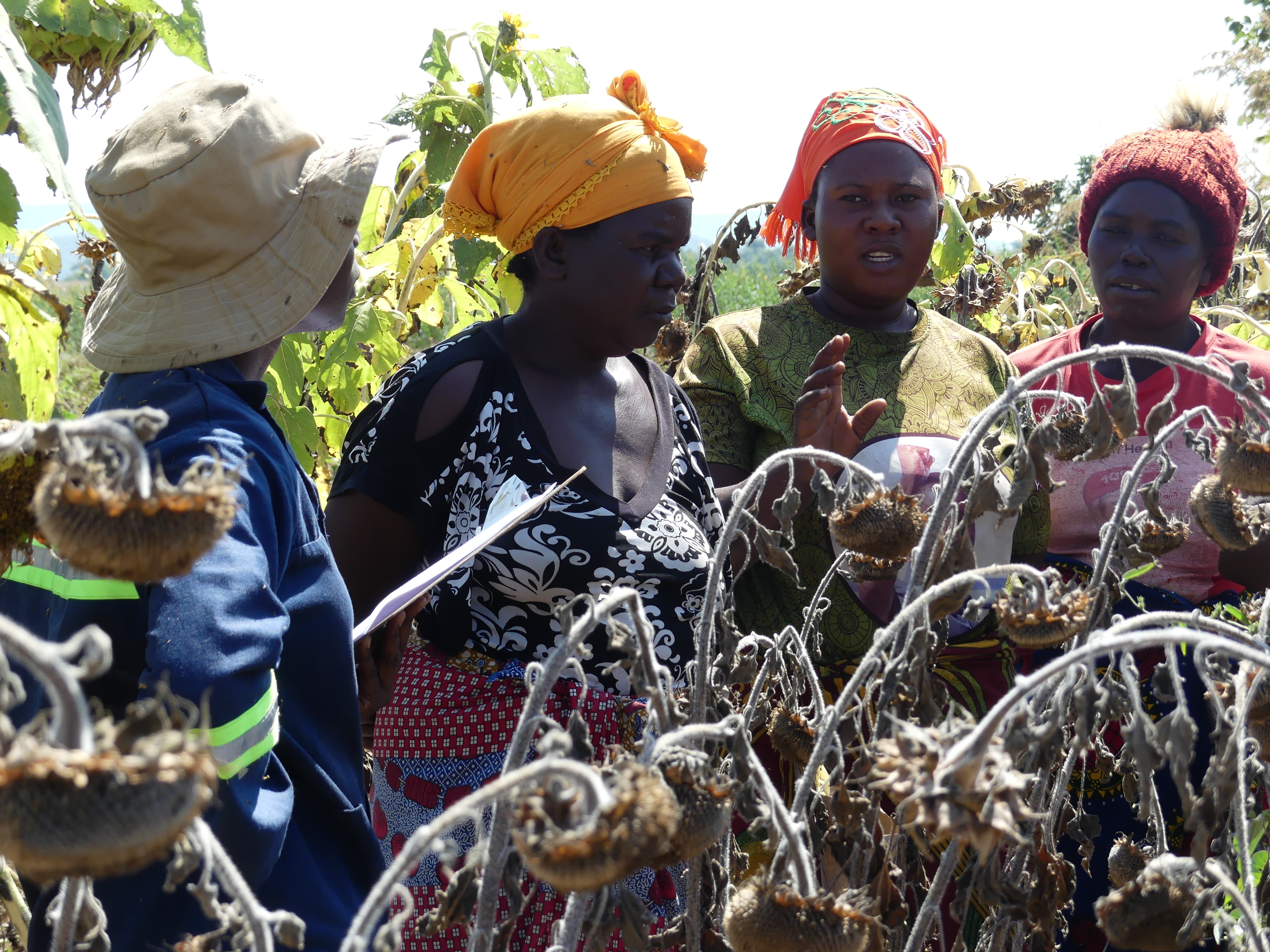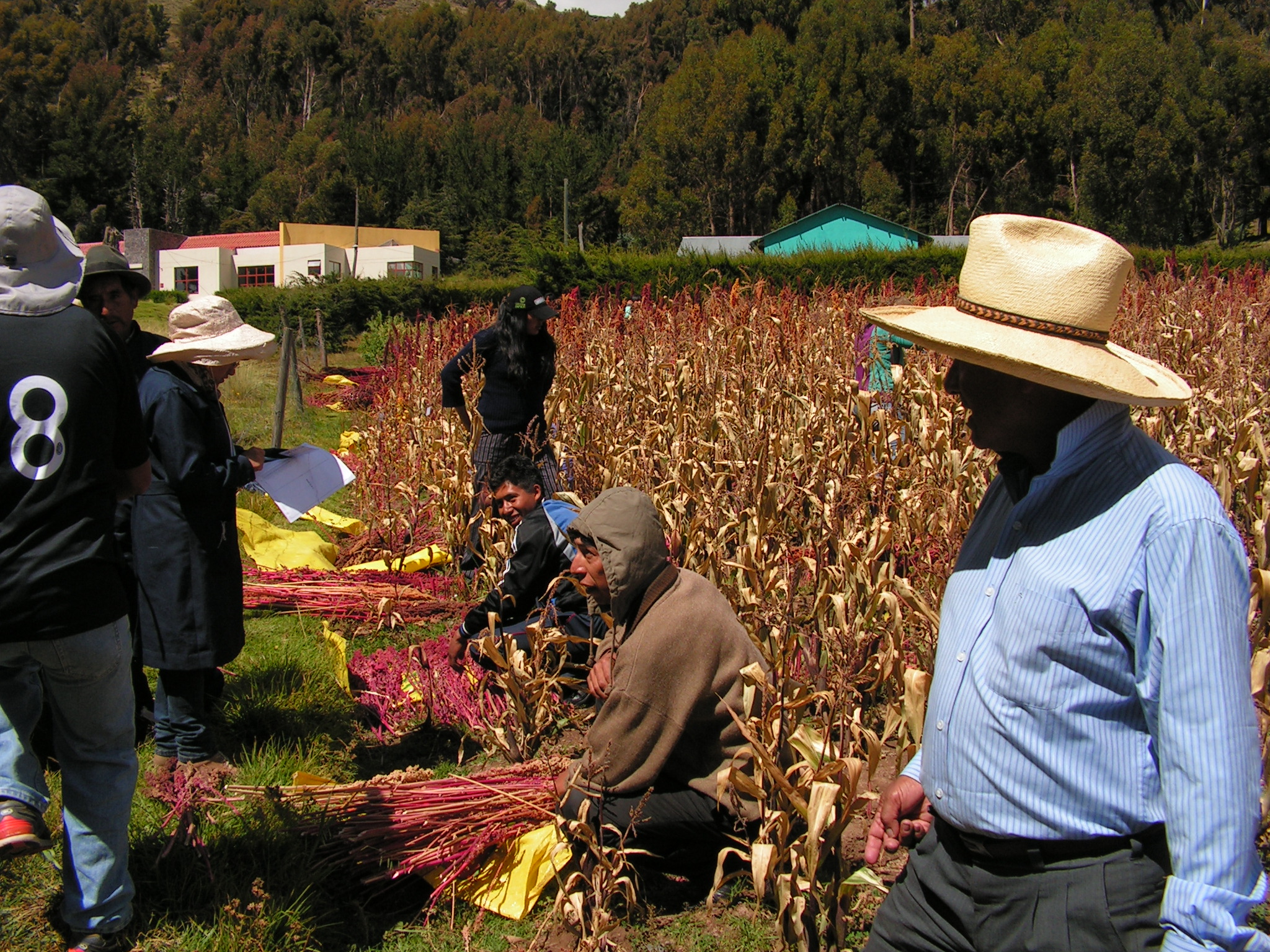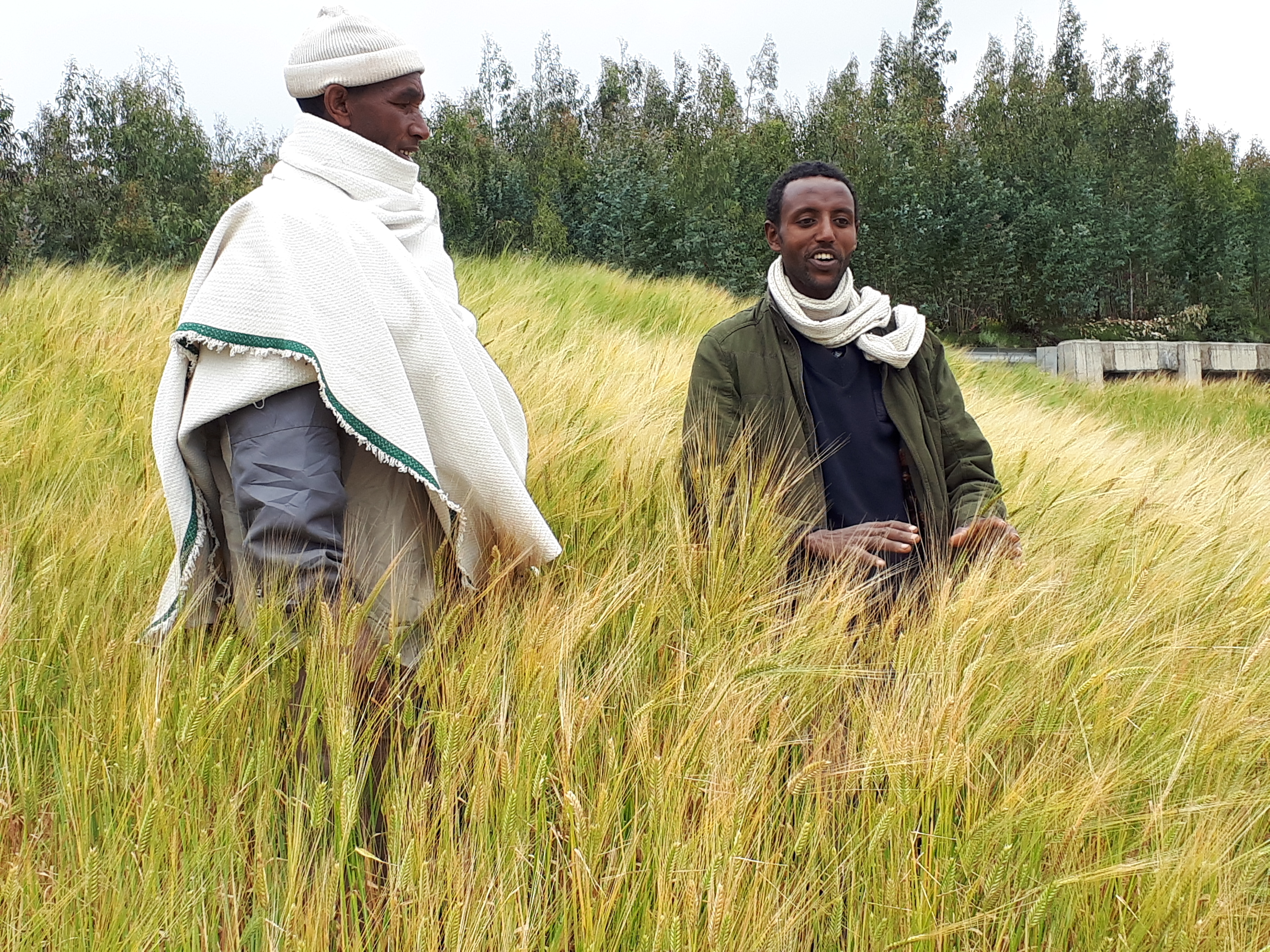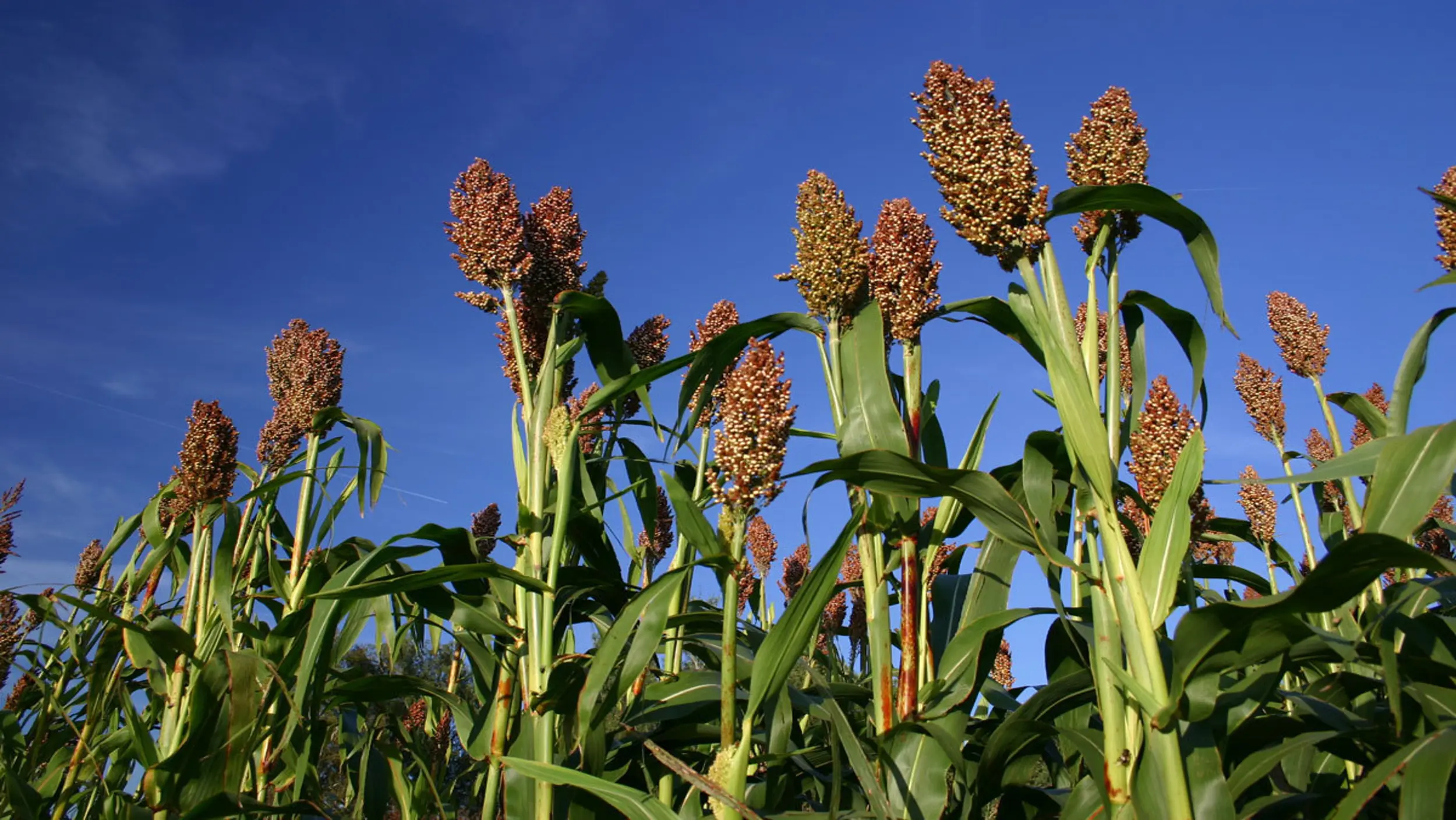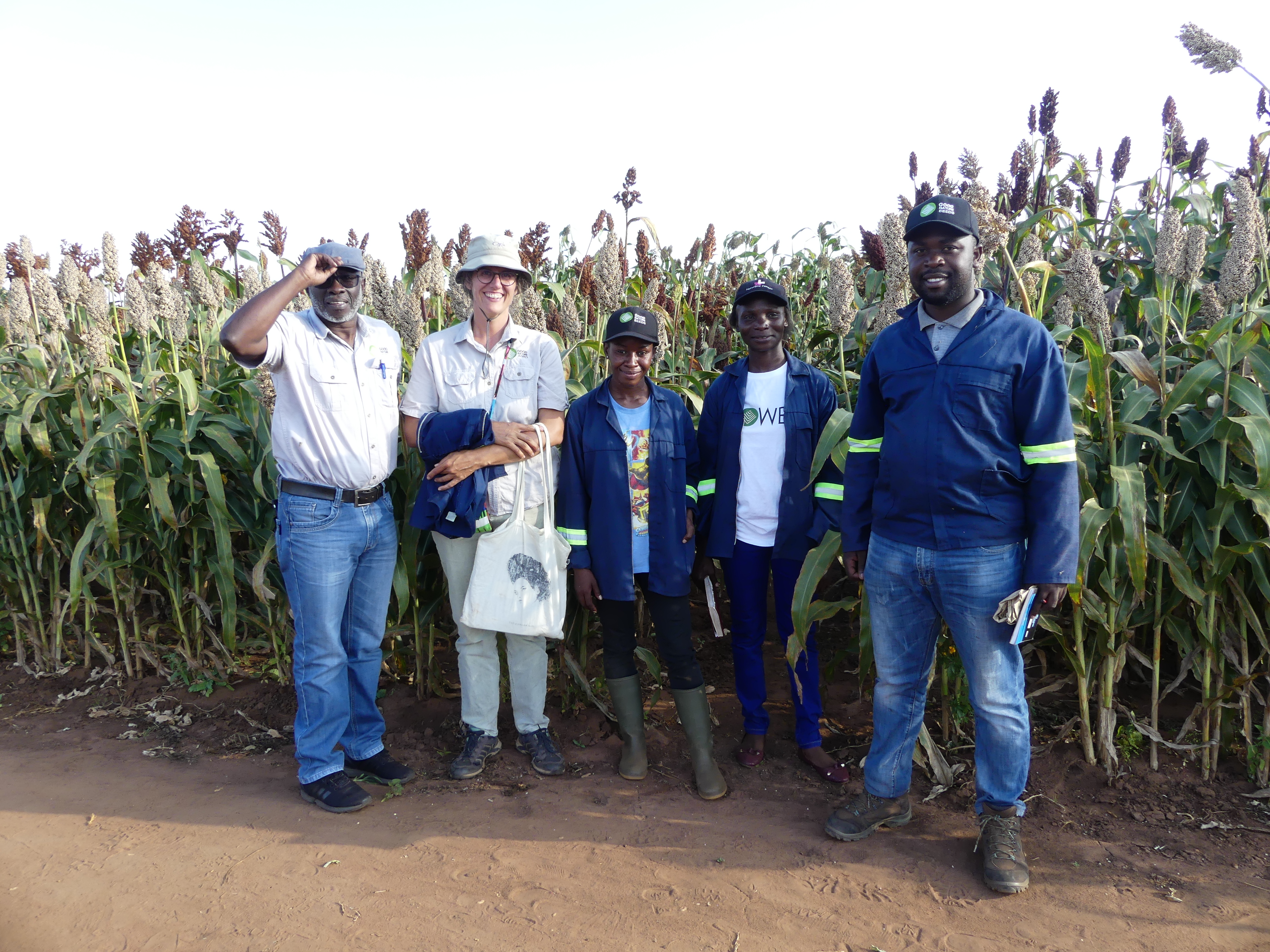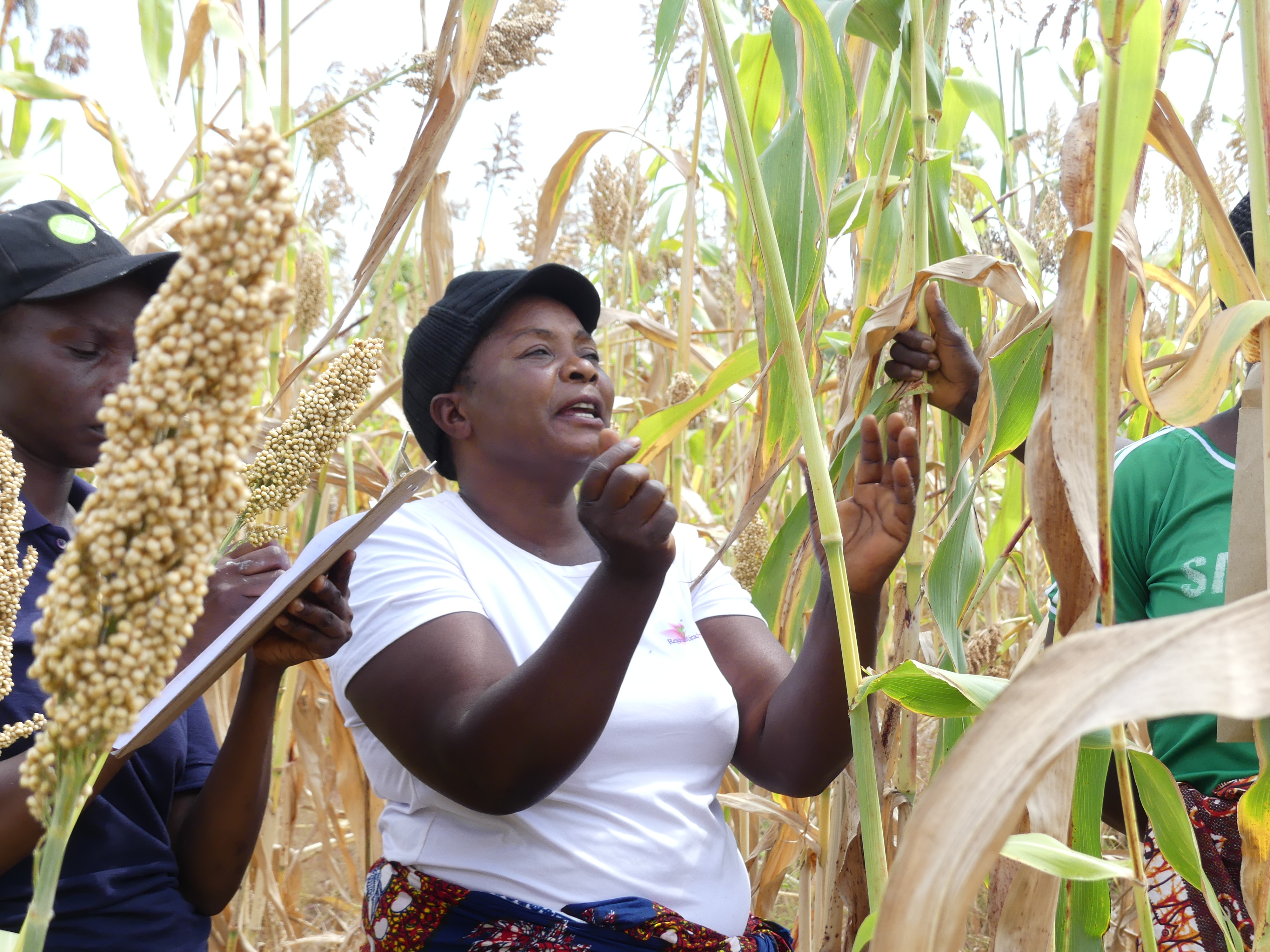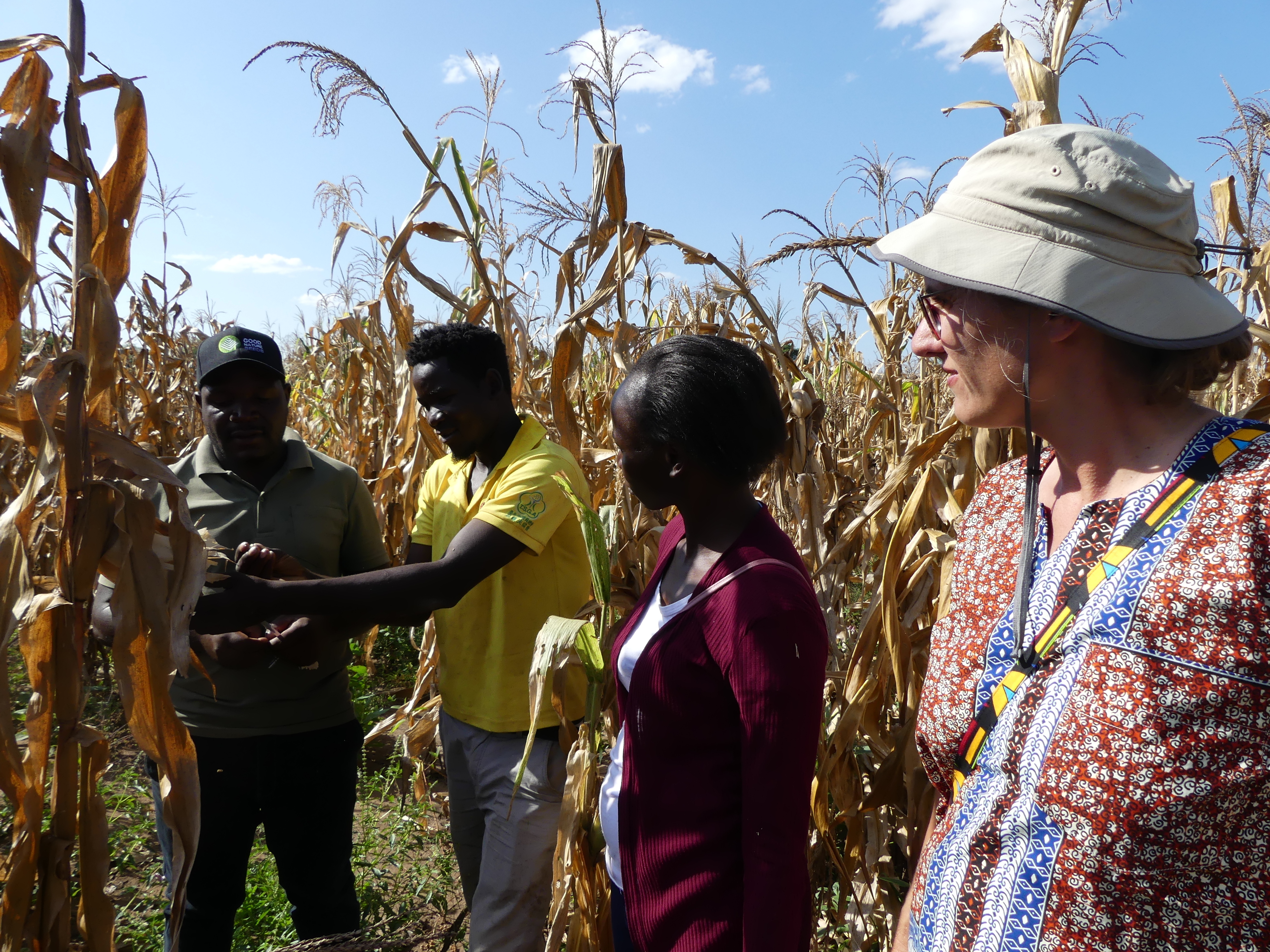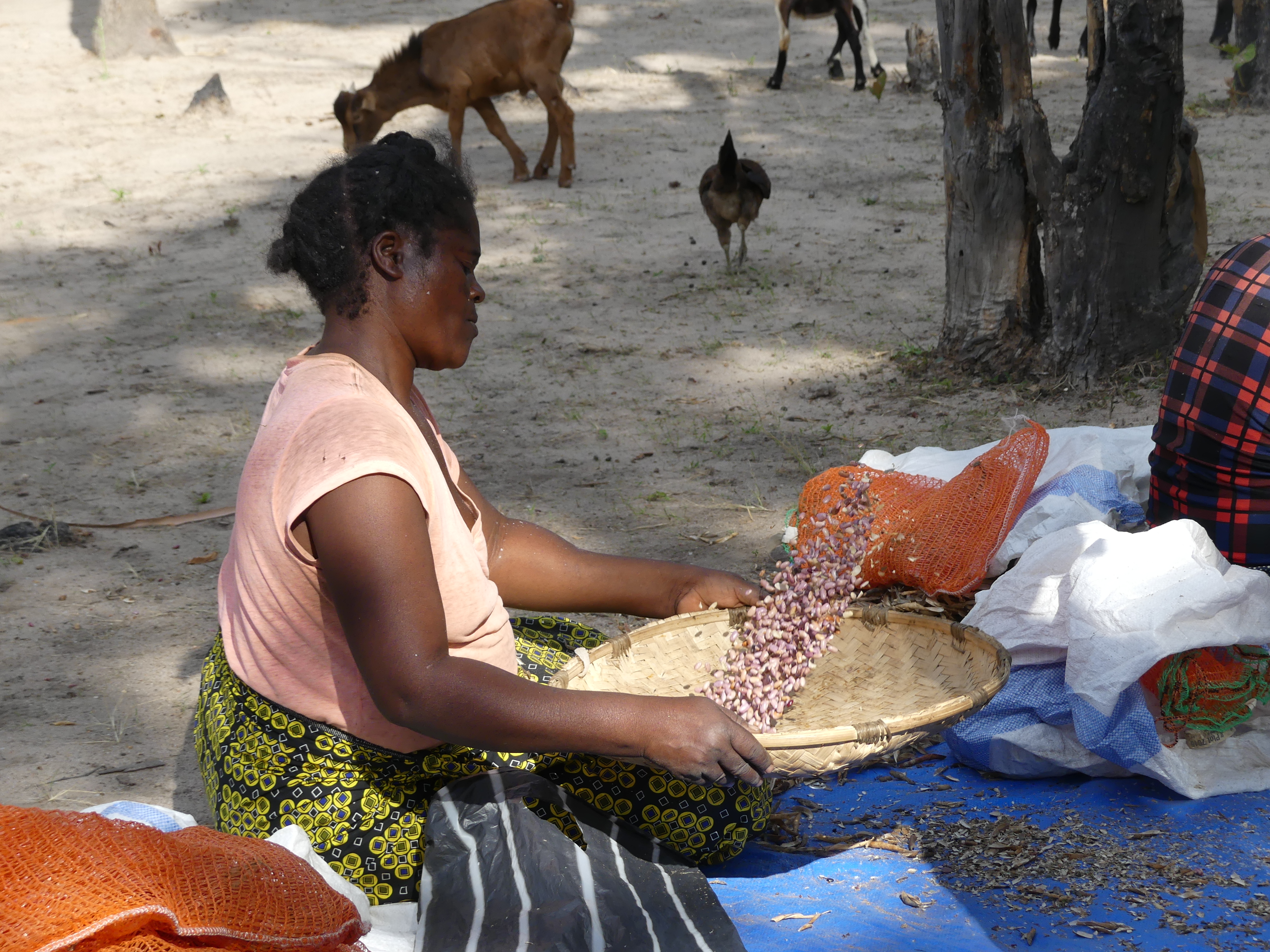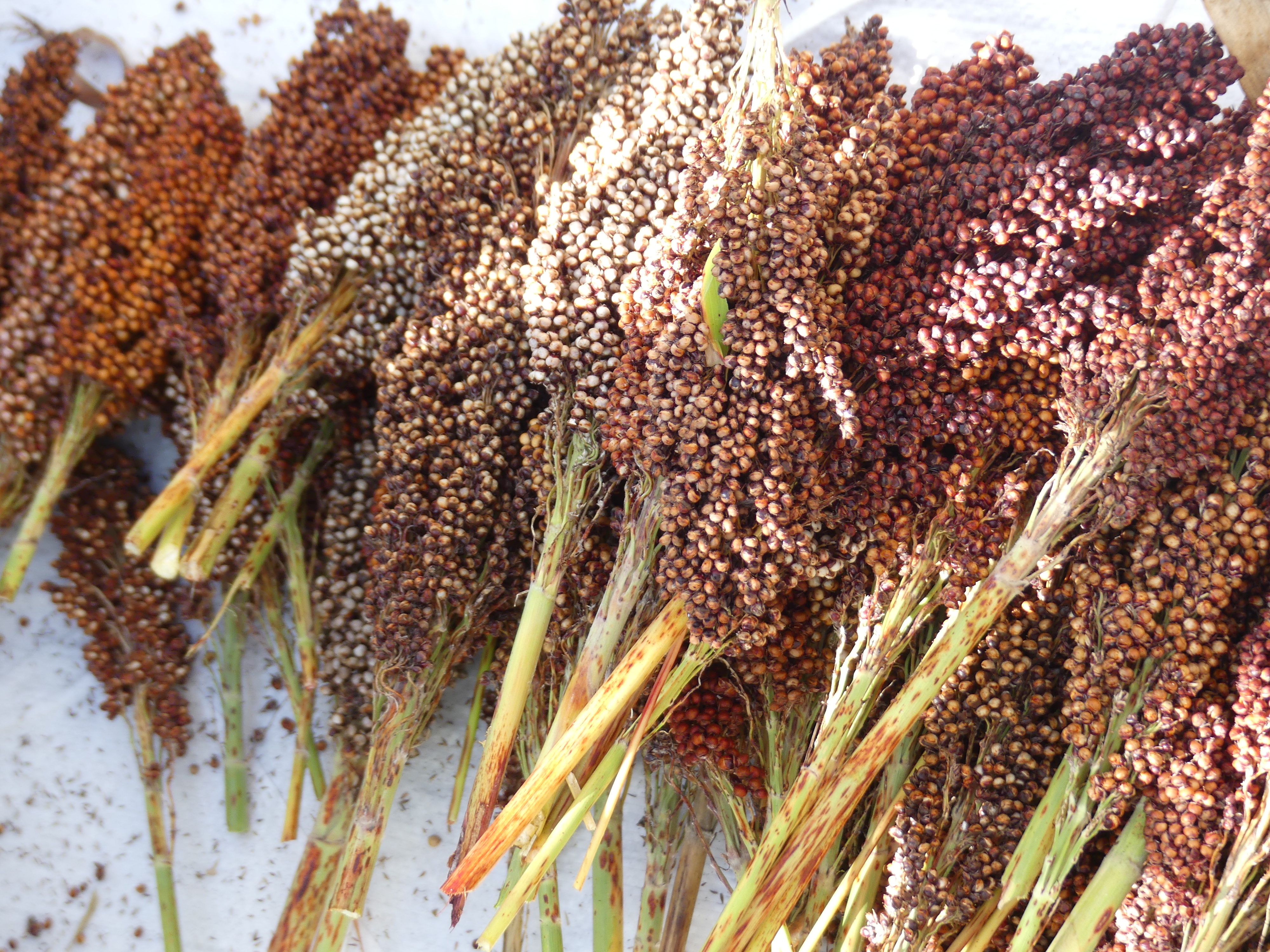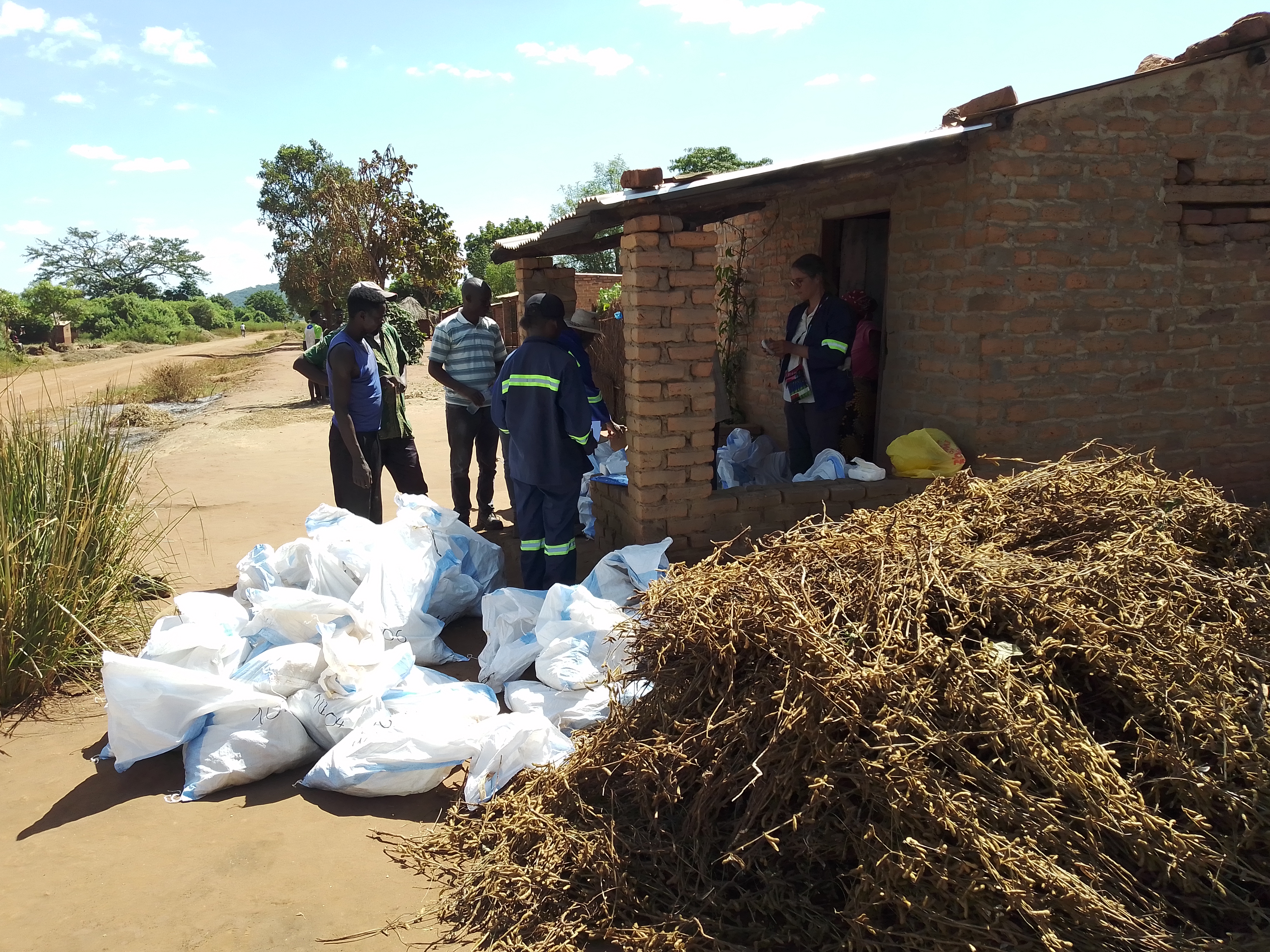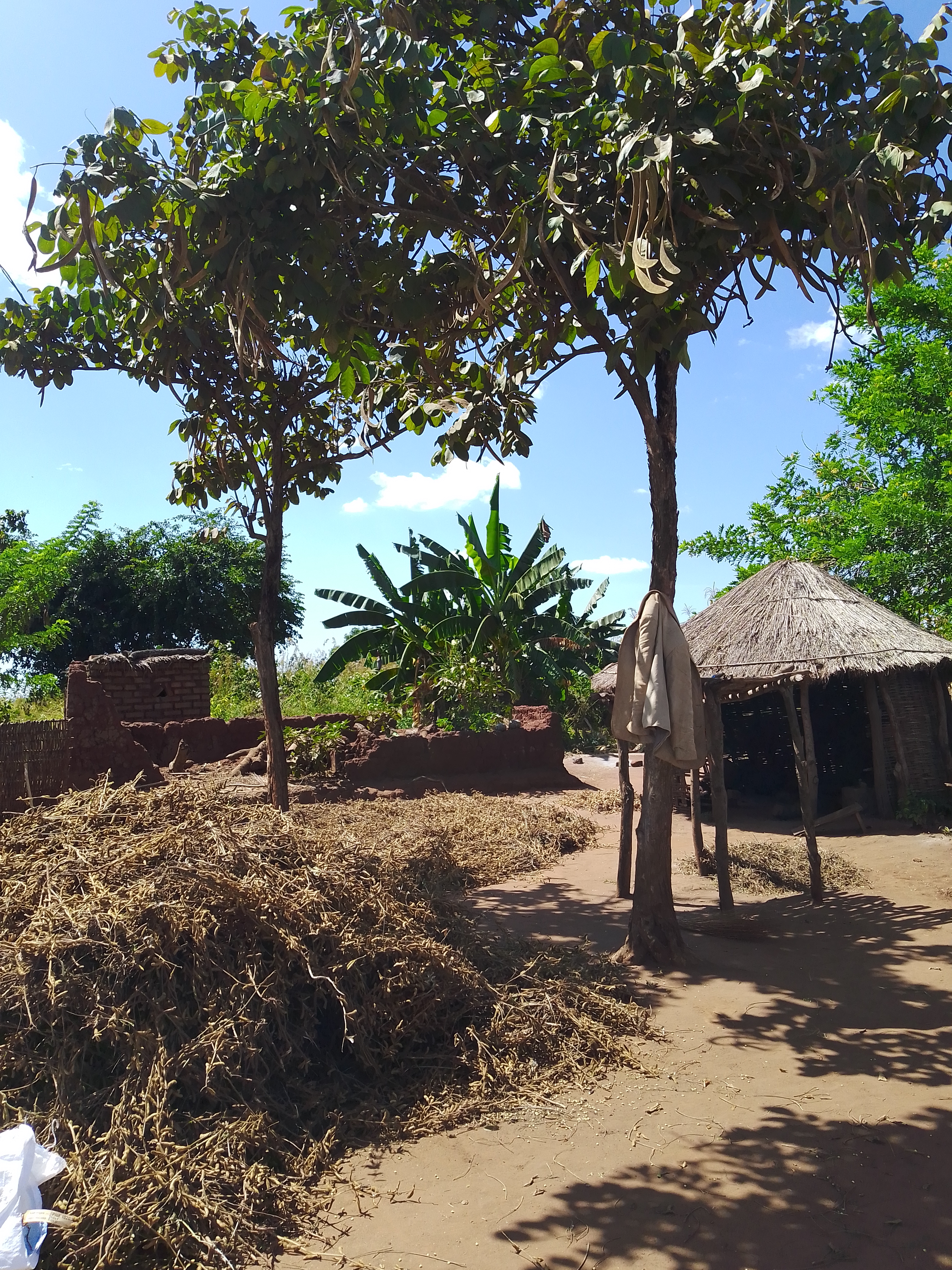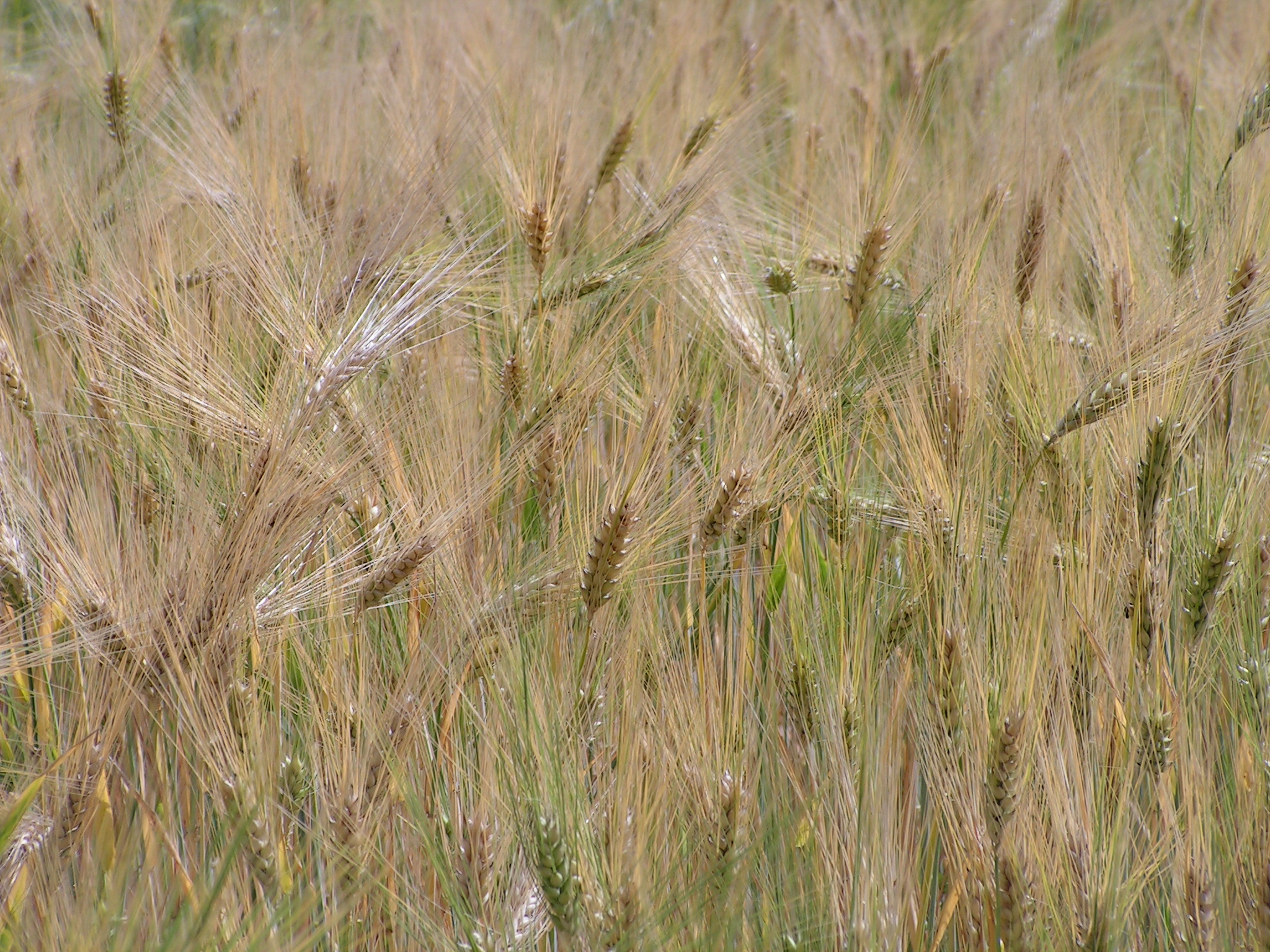-
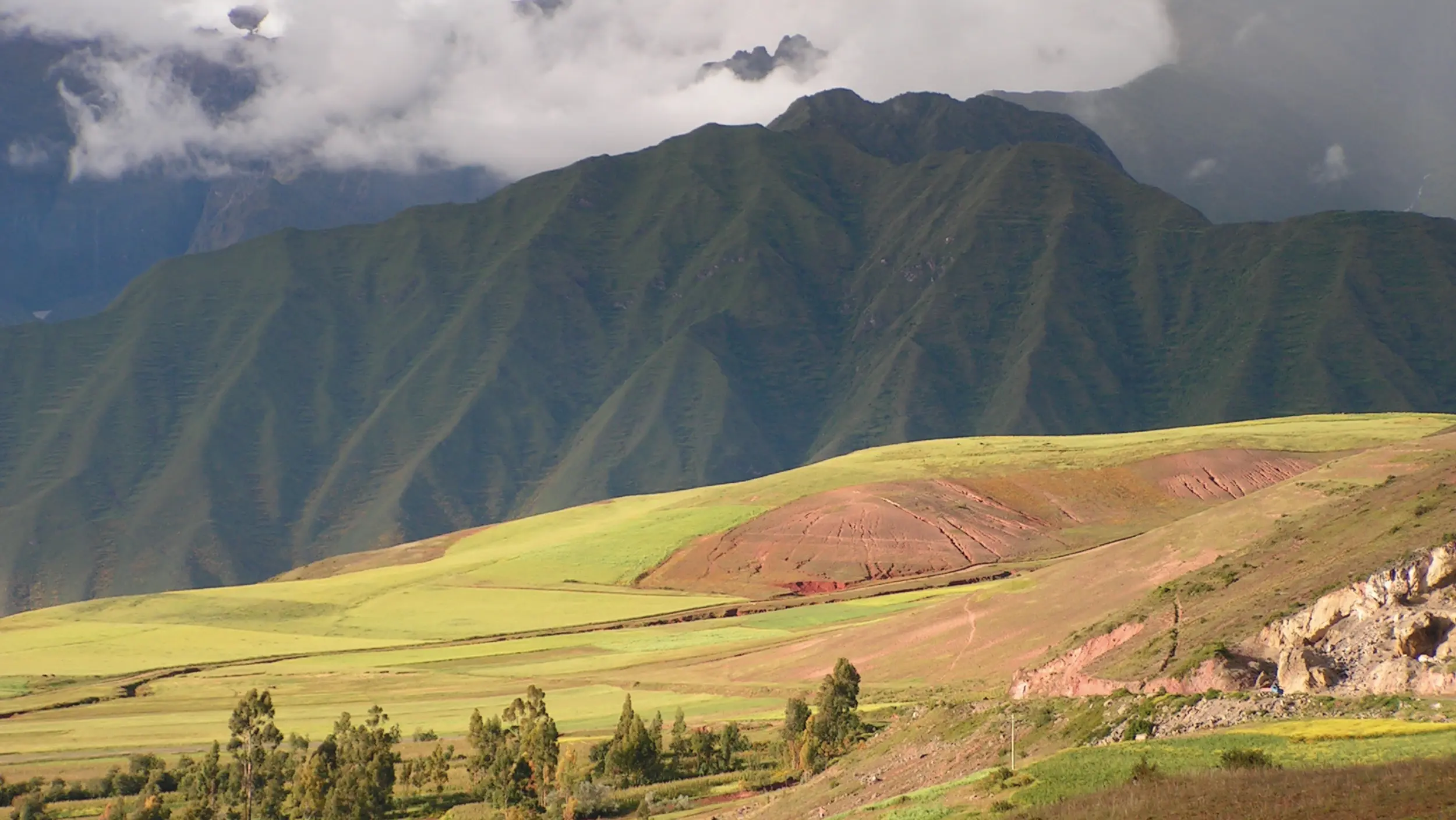
Supporting the world to grow
Development Cooperation
Smallholder farming plays a vital role in many developing countries, forming the backbone of rural economies. In regions like Asia, parts of Latin America, and sub-Saharan Africa, smallholder farmers produce up to 80 percent of the food supply.
They often grow a diverse range of crops, preserving traditional knowledge and indigenous varieties. Additionally, farming is a key driver of household income and poverty reduction.
We recognize the vital role of smallholder farming in global food security and sustainability. Since 2011, KWS has supported smallholder farmers in developing countries with training, plant genetic resources conservation, breeding, and local seed systems strengthening.
KWS also believes that training young researchers is of crucial importance in development cooperation. They represent the new generation and play a pivotal role in advancing technological innovation and driving sustainable development in their countries. By providing training opportunities, resources, and know-how, we contribute to the creation of a skilled workforce equipped to address local challenges now and in the future.
Our strong commitment to advancing global food security and contributing to a more sustainable world is reflected in our development cooperation efforts. Additionally, these initiatives play a crucial role in fulfilling our obligations under the International Treaty on Plant Genetic Resources for Food and Agriculture.
Discover our current projects
Visit our past projects
Our contribution to the development of sustainable agriculture in Kenya
Kenya's agriculture is facing major challenges. The country's growing population is steadily raising the demand for food. Climate change is causing shifts in the rainy seasons, resulting in irregular harvests for farmers, who primarily rely on rain-fed agriculture. This occurs despite generally favorable climatic conditions for the agricultural sector, which is the backbone of the Kenyan economy and the country's largest employer.
KWS is cooperating with the local partner Agventure in Kenya. The aim of the cooperation is to contribute to the diversification of agricultural production systems in Kenya. Together, we want to make it easier for farmers to access new crops and robust, high-yielding varieties. The focus is on locally adapted maize, sorghum, sunflower, rapeseed and pea varieties.
Characteristics of our Focus Crops
-
Maize serves as a staple food in Kenya
-
Sorghum is a climate-resilient crop with links to local value chains
-
Sunflowers and rapeseed help Kenya achieve self-sufficiency in edible oils
-
Peas are used for regeneration of soil fertility and a protein-rich diet
New crops and value chains for Kenyan farmers
In cooperation with the Kenyan farmer-owned company Agventure, we support the identification of new crops and varieties as well as the provision of high-quality seeds. By developing a sustainable, inclusive business model, smallholder and large-scale farmers will be able to improve their crop rotation and increase their yields. In addition, new local value chains (e.g. rapeseed and sunflower oil, pea-based products) are being developed to improve farmers' livelihoods.

„Kenya's diverse agricultural landscape and the country's vibrant community have inspired my work a lot“
Agventure’s ambition – Sustainable farming methods and resilience of Kenyan farms
Agventure was founded in 2010 to enable farmers to develop more sustainable farming methods in non-irrigated production systems. The company is made up of an independent collective of farmers, researchers, educators, and entrepreneurs who work to develop, promote and share regenerative production methods. They are convinced that regenerative agriculture contributes to the creation of a sustainable food system that is in harmony with nature and enables farmers to have economic viability.
Agventure was selected by KWS as a strategic partner because of its farmer-first approach and its strength in sustainable agriculture. By focusing on conservation agriculture and highly diversified production systems, Agventure enables farmers to improve the resilience of their farms and ensure long-term sustainability.
„KWS is a breeder of many crops that we would like to develop further. Shared values are the basis of our cooperation and future success.“
Ongoing cooperation with Zambian farmers
Zambian farming systems are characterized by varying agroecological zones from the high rainfall regions of the north to the semi-arid areas in the south. Small-scale and subsistence farming systems are the backbone of rural livelihoods in Zambia, where corn is the staple crop and forms the dietary main element. Main challenges in farming include erratic rainfall, limited market access, and limited mechanization.
The KWS engagement in Zambia started with a development project ‘Seeds for Zambian Incomes and Livelihoods’ (SeZIL) (July 2021 – 2024). This project was supported by DEG Impulse via the develoPPP program with funds from the German Federal Ministry for Economic Cooperation and Development (BMZ) and conducted in collaboration with the local partner Good Nature Agro.
Since the end of the project, KWS and Good Nature Agro are continuing the work on cropping systems diversification in collaboration with a network of farmers in various regions of Zambia.
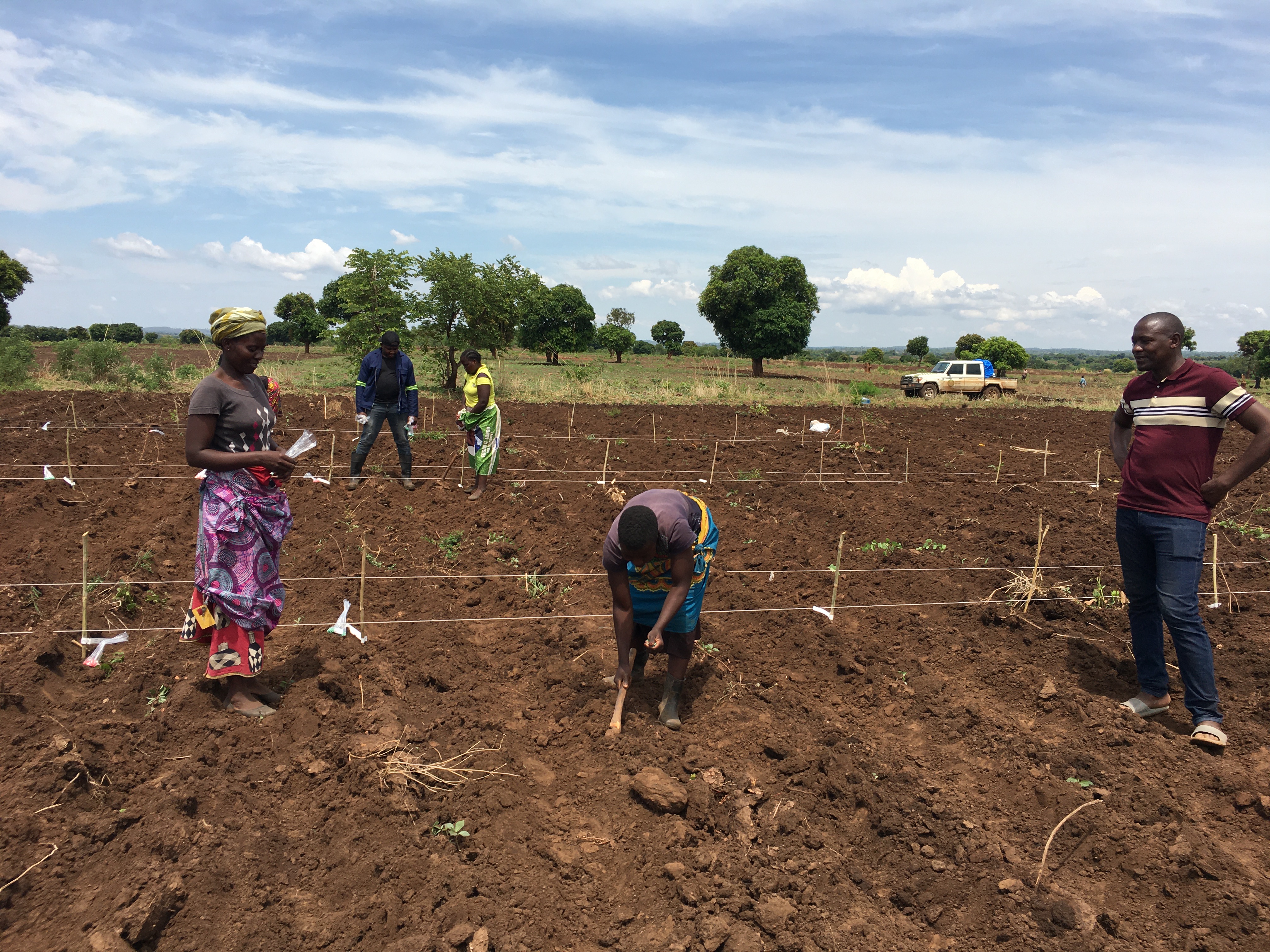
„With SeZIL trials, we have found corn varieties that are best for our area. Our yields and income have improved, and I can provide schooling for my children.“
Grow in(to) the agricultural community
As part of an on-farm testing network, our farmers are provided with new varieties of corn, beans, sorghum, sunflower and soybean. The aim is to discover the best-fitting and most productive varieties for the local conditions. Through the trials conducted thus far, this participatory testing network has empowered farmers to actively engage in variety trialing and take ownership of the entire process. Farmers also undergo training in seed systems and seed production, fostering knowledge exchange between seasoned and novice farmers. This collaborative training initiative facilitates the transfer of expertise, with experienced farmers sharing their insights with newer members of the agricultural community.
In our commitment to bolster female and young farmers, we have established a target of incorporating 50% women and 30% individuals under the age of 30. This initiative aims to promote inclusivity and create opportunities for underrepresented demographics within the agricultural markets.
Benefits for farmers’ income and livelihoods
Improved access to diverse crop varieties
- Via establishing on-farm trialling of corn, sorghum, sunflower, beans, and soybean
- Via a local seed production and distribution network
Skills and know-how needed
- In local variety field testing
- In seed systems and seed production
Long-term ability to produce and maintain the best varieties
- Via an established, inclusive business model that includes women and young farmers
- Based on a local variety testing, seed production and distribution network
- Building farmers’ ownership and know-how, as well as farmer to farmer knowledge sharing networks
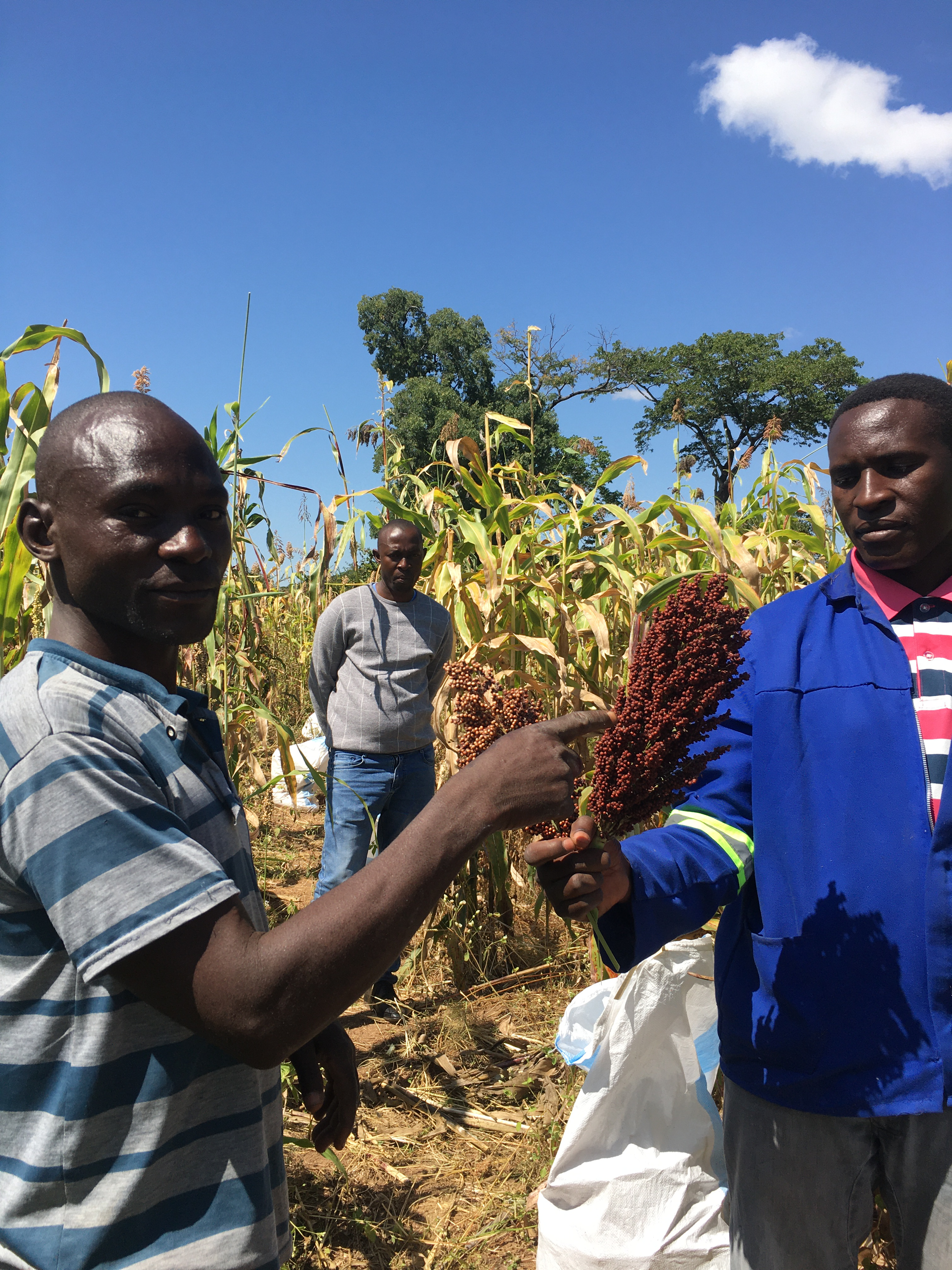
„By sharing what I have learnt, I help also other farmers choose and grow the best sorghum varieties for the market and home use.“
Our partner Good Nature Agro
Aim to bring benefits for both the farmers and the environment
Good Nature Agro is a social enterprise that works with smallholder farmers to improve agricultural practices and increase productivity. Focussing on legume crops, GNA enables farmers to increase their productivity levels by training and enhanced access to quality inputs and credits. After the harvest, farmers are linked to prime markets, which enables them to achieve much better prices. GNA works with a network of more than 10,000 small-scale farmers, and the number is increasing each year. These farmers have expressed to include not only legumes but also other crops in the activities.
By working together with Good Nature Agro, KWS aims to provide farmers access to high-quality seeds of non-legume crops, training and support. The long-term goal is to enhance farmers’ incomes and food security, leading into an overall improvement in the development in rural communities.
What is the International Treaty on Plant Genetic Resources for Food and Agriculture?
Discover our past projects
Your contact person
